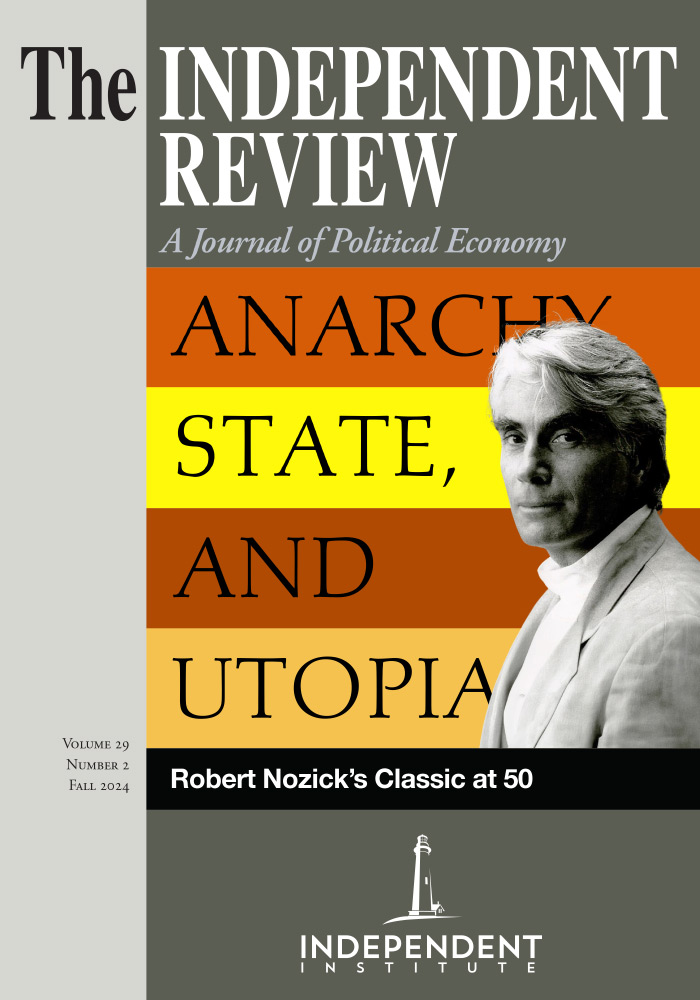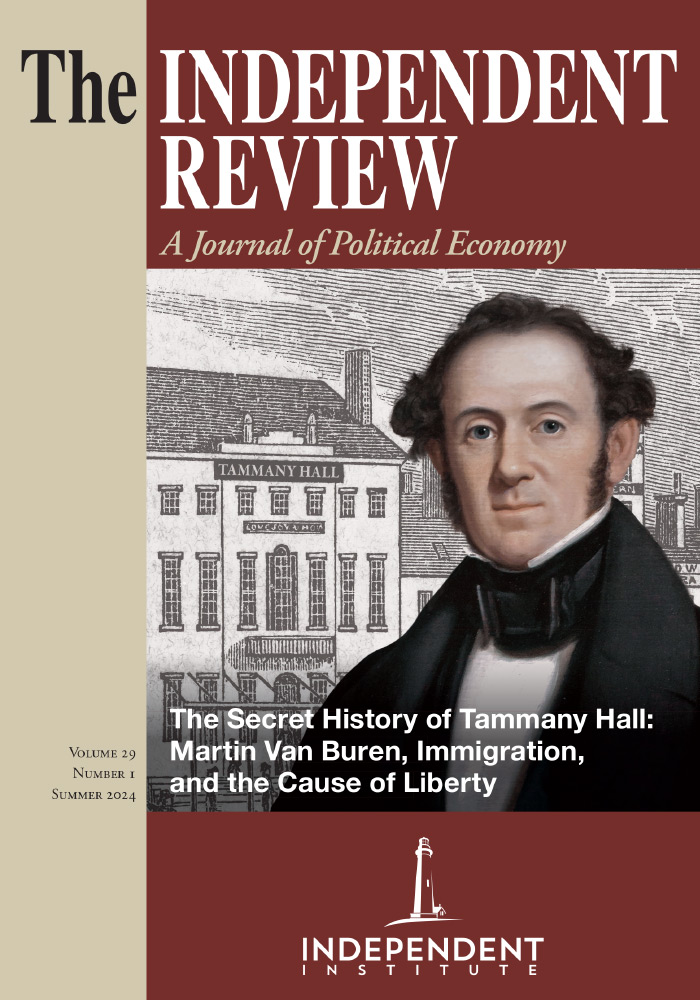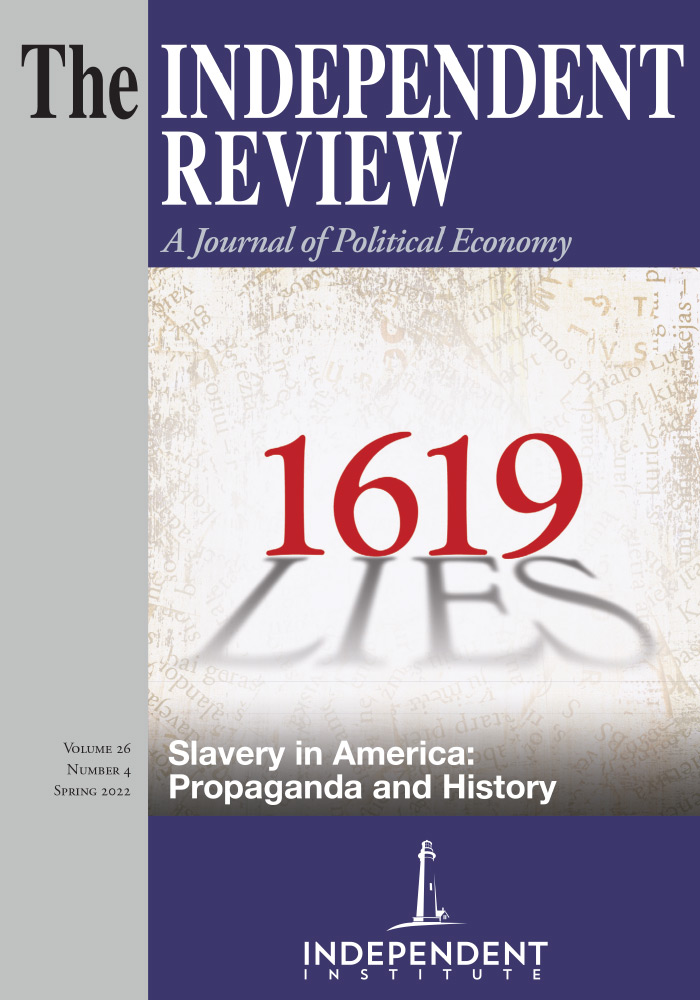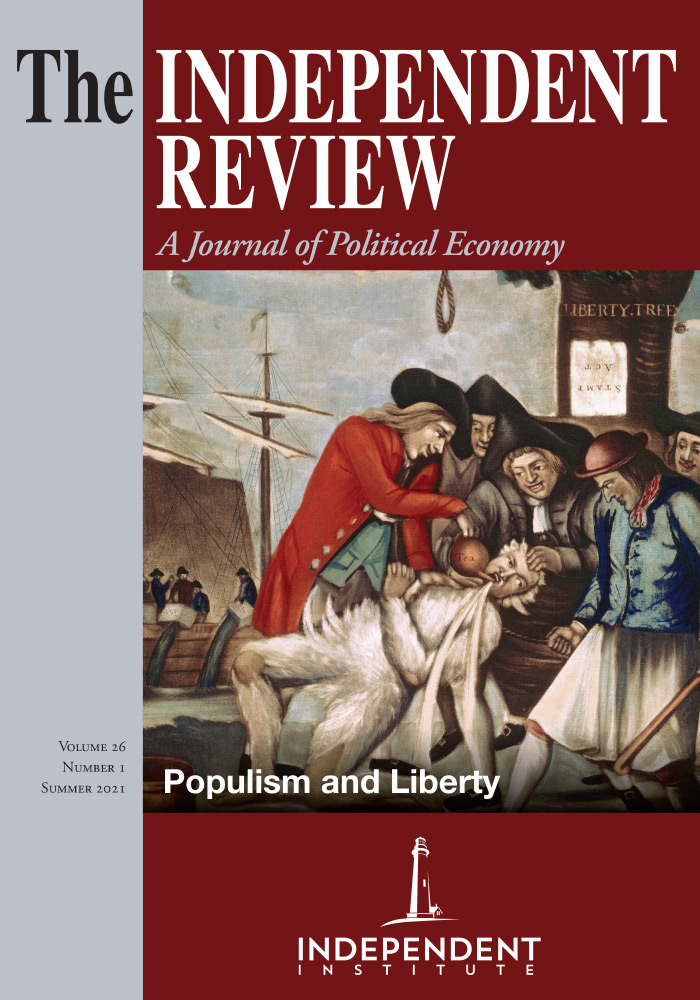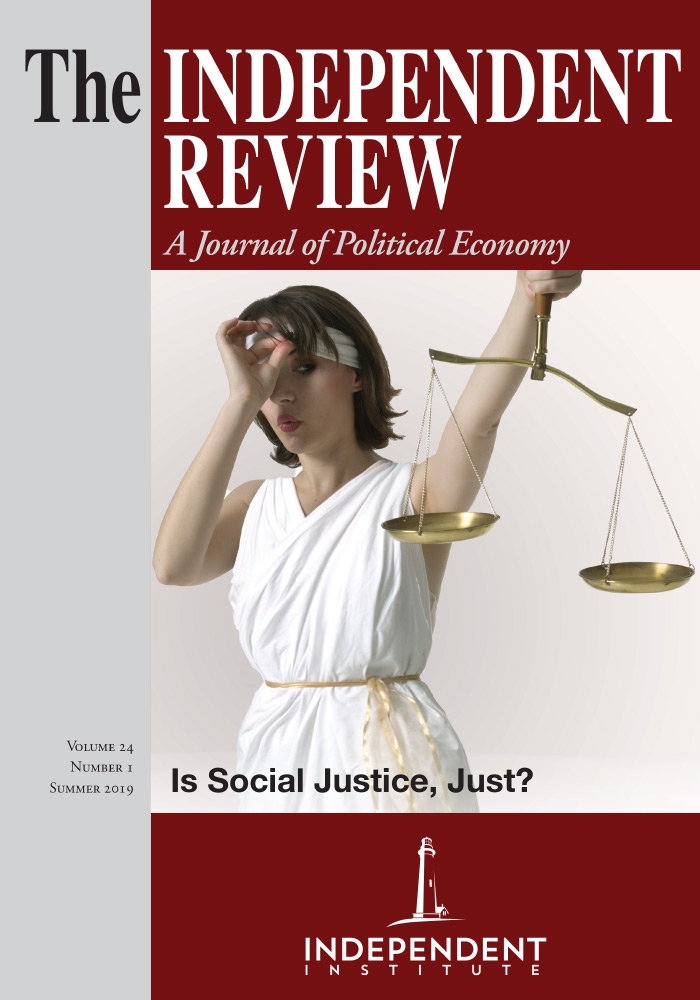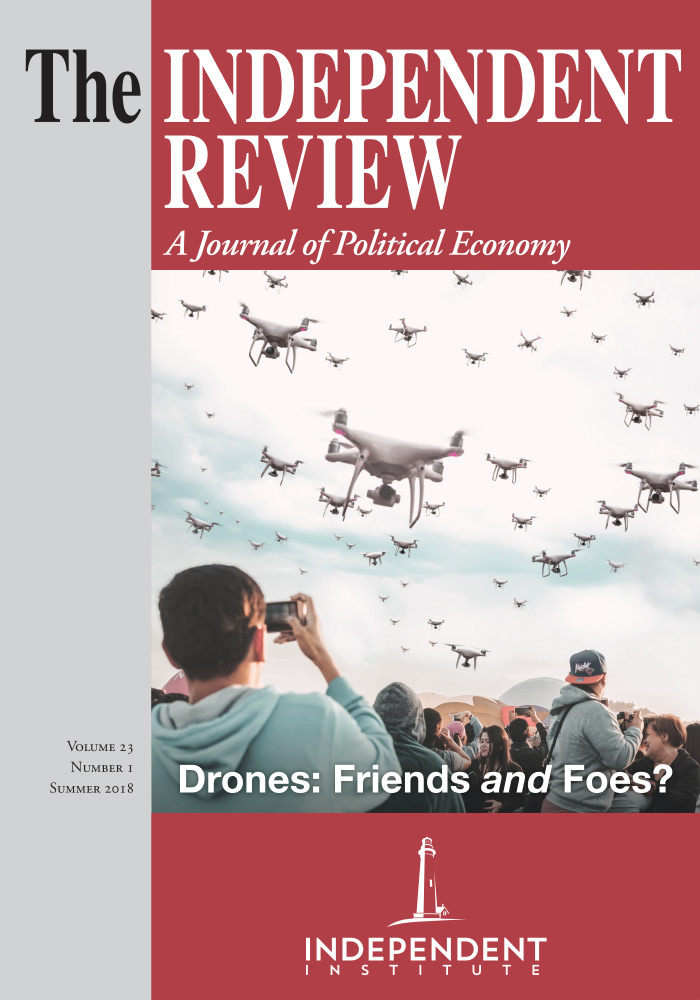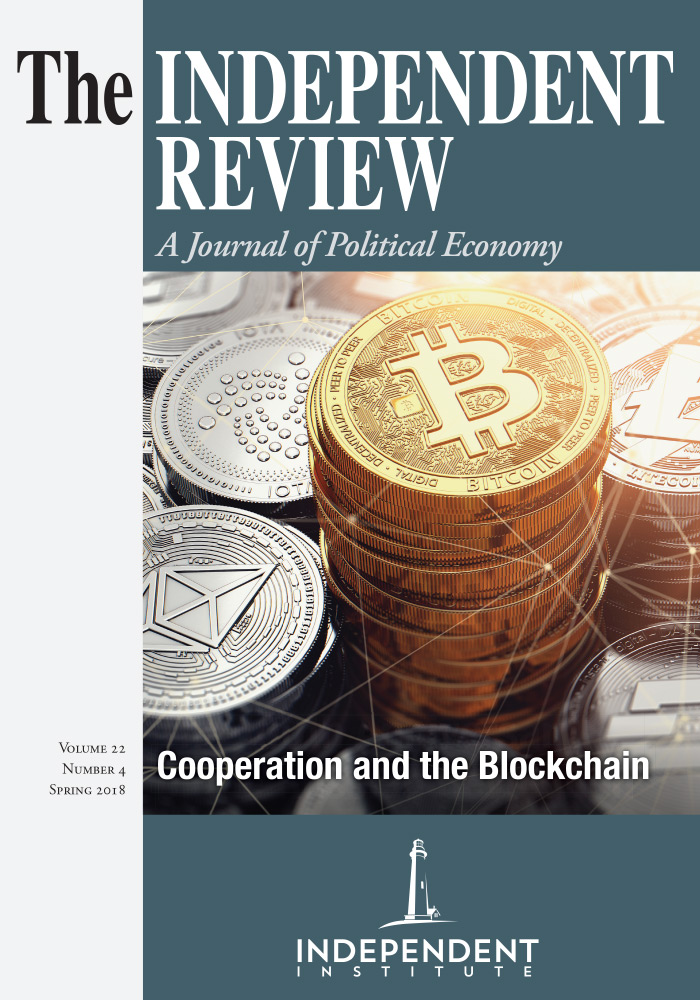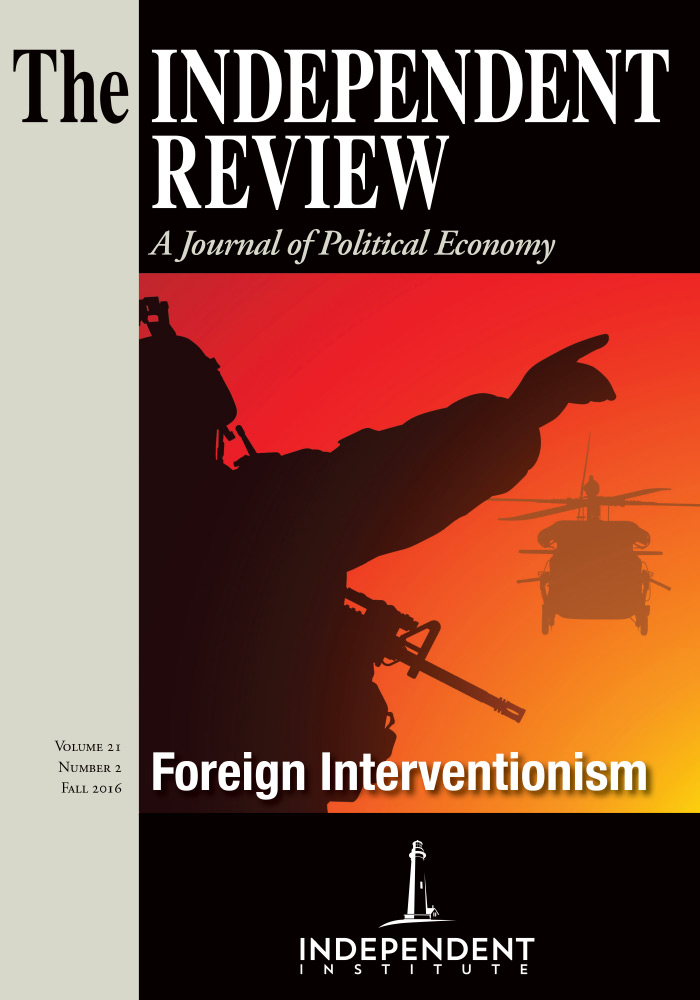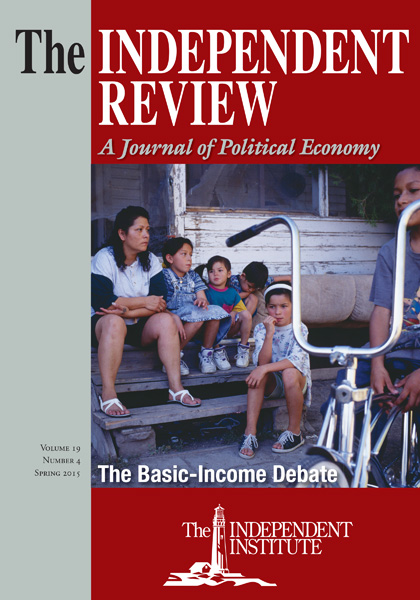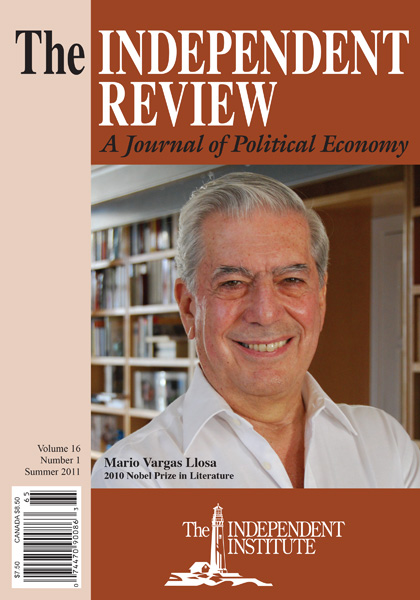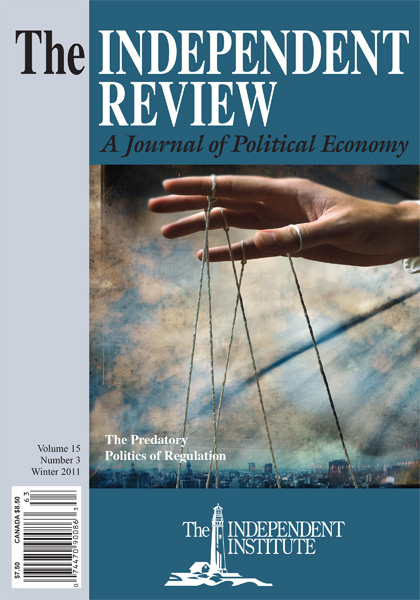Today’s political leaders may have mastered the art of spinning their messages of public beneficence. But as the newly released Nixon tapes indicate, we must always remember that behind the curtain of propaganda lurks enormous potential for the abuse of power.
Article
I’M NOT CERTAIN, but I’m willing to conjecture that Genghis Khan’s executive office had no position for an Assistant to the Khan and Press Secretary; no Assistant to the Khan for Communications; no Assistant to the Khan for Public Liaison; no Deputy Assistant to the Khan and Director of Speechwriting; no Deputy Assistant to the Khan and Deputy Press Secretary to the Khan; no Deputy Assistant to the Khan and Director of Media Relations and Planning; no Deputy Assistant to the Khan and Deputy Director of Public Affairs; no Special Assistant to the Khan for Public Liaison; no Special Assistant to the Khan and Chief Speechwriter—all of which, if one merely substitutes the word President for the word Khan, President Ronald Reagan did have in his executive office. Genghis had no need to put a spin on his policy decisions. He expected his reputation to precede him, and if it didn’t, so much the worse for the uninformed.
In the old days, everyone recognized a political leader as, in the words of Bertrand de Jouvenel, the “chief freebooter, leader of forays, director of the nation’s strength” (On Power: The Natural History of Its Growth, translated by J. F. Huntington. Indianapolis: Liberty Fund, [1948] 1993, p. 96). For millennia, political leadership simply coincided with personal prowess in violence. Although leaders often strove to ease their exploitation of subjects by clothing themselves in religious or other forms of ostensible legitimacy, a clear-eyed subject appreciated that his only real choice was stark: obey or get hurt. Nobody wasted a moment supposing that the leader acted as an agent of the public or sought above all the public’s well-being.
In recent centuries, as elected officials displaced absolute monarchs and dictators, people increasingly fell under the illusion that the government served them rather than itself; indeed, some even accepted the absurd claim that they were the government by virtue of their periodically casting a vote for one or another of the names placed on the ballot by the political ringmasters. In a flight of wishful thinking, subjects neglected to notice that the government—the collectivity of persons wielding power under color of official authority—even in a democracy “has its own life, its own interests, its own characteristics, its own ends” (Jouvenel, p. 103).
To reassure citizens that the voracious appetites of the government signified nothing more than an earnest desire to promote the public’s wellbeing, governments, especially in the twentieth century, increasingly cultivated the arts of propaganda. Hence the battalions of special deputy assistant undersecretaries for bamboozlement listed earlier. As political leaders surrounded themselves with layer upon layer of mendacious flunkies, citizens came to possess less and less reliable information to assess the fidelity of their “public servants.” Perennially immersed in a fog of disinformation, how could skeptical citizens ground their inchoate suspicion that the government actually conducted its affairs far differently than it claimed?
Of course, evidence sometimes does come to light confirming the suspicion, usually long after the deed is done. Lord Bolingbroke (1678–1751), an English politico of considerable clout in the early eighteenth century, penned one of the most forthright confessions in a letter to Sir William Windham:
I am afraid that we came to court in the same dispositions that all parties have done; that the principal spring of our actions was to have the government of the State in our own hands; that our principal views were the conservation of this power, great employments to ourselves, and great opportunities of rewarding those who had helped to raise us, and of hurting those who stood in opposition to us. (quoted in Jouvenel, p. 126)
Somewhat earlier, the Marquis of Halifax (1633–95) made a similar observation: “Parties in a State generally, like freebooters, hang out false colours; the pretence is the public good; the real business is to catch prizes; and wherever they succeed, instead of improving their victory, they presently fall upon the baggage” (quoted in Jouvenel, p. 126, from Maxims of State, a compilation of Halifax’s reflections).
The antiquity of these quotations does not warrant anyone’s dismissing their applicability to modern conditions. For evidence of their enduring pertinence, consider that most unvarnished of all political records, the Nixon tapes. There, perhaps uniquely, we find the modern politician fully unmasked. In November 1996, after the Nixon estate gave up its fight to keep 201 hours of previously unreleased tapes secret, the National Archives made them public. Among them is a recording of an Oval Office conversation Nixon had with his two top aides, H. R. (Bob) Haldeman and John Ehrlichman, on 13 May 1971.
Echoing Bolingbroke, Nixon discussed the sort of person he wanted as commissioner of internal revenue:
I want to be sure that he is a ruthless son of a bitch, that he will do what he is told, that every income-tax return I want to see, I see. That he will go after our enemies and not go after our friends. It’s as simple as that. (quoted in Donald M. Rothberg, “Nixon Felt Cabinet Had Abandoned Him, Tapes Show,” Seattle Times, 19 November 1996)
Nixon seems to have believed that his predecessors had used the Internal Revenue Service similarly. On 27 May 1973 the president asked Ehrlichman if he had ascertained “who ordered...the audit of my income-tax returns in 1961” (quoted in Rothberg). Tricky Dick was not just hallucinating. As Elizabeth MacDonald has shown recently, “the Kennedys were far worse than Nixon in their manipulation of the IRS” (“The Kennedys and the IRS,” Wall Street Journal, 28 January 1997).
The recently released tapes also reveal that in 1971 the president instructed Ehrlichman to sic the IRS on wealthy Jewish contributors to his Democratic rivals. On 8 September Nixon said: “John, we have the power. Are we using it now to investigate contributors to Hubert Humphrey, contributors to Muskie—the Jews, you know, that are stealing in every direction? Are we going after their tax returns?... I can only hope that we are, frankly, doing a little persecuting” (quoted in “Nixon Urged IRS Audits of Jews,” Seattle Times, 8 December 1996). On 13 September Nixon told Haldeman: “Now here’s the point, Bob, please get me the names of the Jews. You know, the big Jewish contributors to the Democrats” (quoted in “Nixon Urged”). The president wanted them investigated. The next day, talking to Haldeman and presidential aide Charles Colson, Nixon resumed: “What about the rich Jews? The IRS is full of Jews, Bob.” Later he admonished, “Go after ’em like a son of a bitch!” (quoted in “Nixon Urged”).
Although some may regard Richard Milhous Nixon as an egregious example, my own hunch is that he differed from most other successful political leaders mainly by extensively recording his private conversations and then failing to destroy the tapes that attest so plainly his motives, methods, and manners.
Of course, citizens in a democracy can always “throw the rascals out” at the next election. Here in the United States we have been flinging rascals hither and yon for more than two centuries. But what do we have to show for it?
Jouvenel, whose magnificent book On Power I have freely employed, had a clear vision of how the circulation of rascals, far from protecting the citizens, only shackles them more severely:
Every change of regime and, to a lesser extent, every change of government is, as it were, a reproduction, on a more or less reduced scale, of a barbarian invasion. The newcomers wander about the power house with feelings in which curiosity, pride, greed, all have a place. The credit which they then for the first time enjoy enables them to make full use of this formidable machinery, and even to add to it some further controls of their own. In time yet another faction will, by promising to make a better use of it, force its way in turn into the City of Command, which it will find already embellished by its forerunners. So that the hope, always renewed, of stripping from Power all trace of egoism results only in forging ever vaster means of compulsion for the next egoism. (Jouvenel, p. 131)
In the United States today, where two revolving factions of a one-party state farcically masquerade as authentic alternatives—the one specializing in crushing economic freedoms, the other in trampling noneconomic freedoms —we know all too well what Jouvenel meant.
| Other Independent Review articles by Robert Higgs | ||
| Fall 2019 | Pressure-Release Valves in Participatory Fascism | |
| Winter 2018/19 | Two Worlds: Politics and Everything Else | |
| Fall 2018 | Against the Whole Concept and Construction of the Balance of International Payments | |
| [View All (62)] | ||



